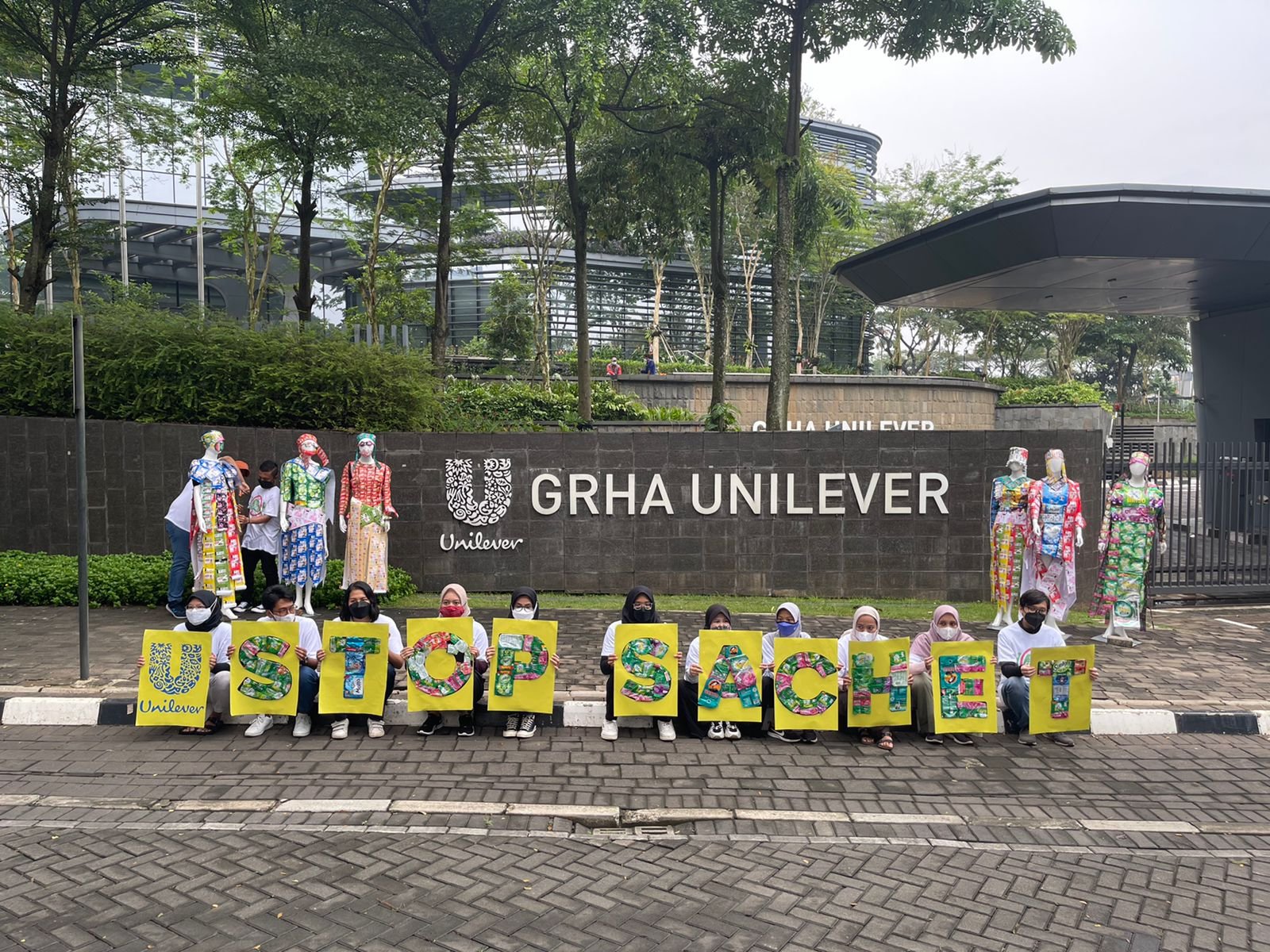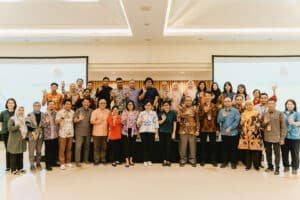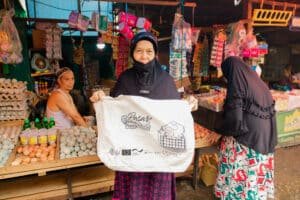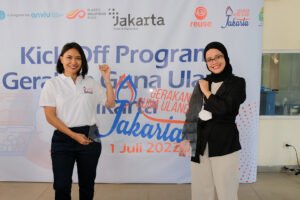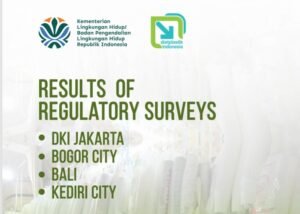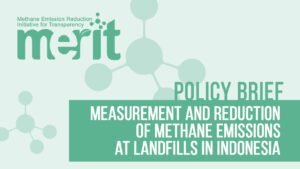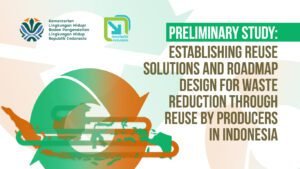Press conference
To be released soon
Unilever: It’s time to #StopSachets
Plastic sachet packaging accounts for 16 percent of the plastic waste found in Indonesian waters and the environment.
Unilever has consistently ranked among the top three polluting companies in recent brand audits in several major cities.
None of Unilever’s waste reduction roadmaps are publicly available.
Chemical recycling in Indonesia promoted by Unilever is not successful, the sachet packaging cannot be recycled sustainably and safely, and RDF (refuse-derived fuel) also pollutes waterways and air quality, and can worsen environmental conditions and exacerbate climate change.
JAKARTA (15 June 2022) – Environmental activists gathered at the Indonesia Convention Exhibition (ICE) area on Wednesday (15 June), the place where PT Unilever Indonesia Tbk held its 2022 Annual General Meeting of Shareholders (GMS), to urge the company to stop production and consume sachets. Members of the Indonesian Zero Waste Alliance (AZWI) brought mannequins wrapped in sachets branded with Unilever products, most of which were collected from river and beach clean-up activities in Indonesia.
According to the World Economic Forum, plastic sachet packaging accounts for 16 percent of the plastic waste found in Indonesia’s waters and environment. Likewise, the results of the #breakfreefromplastic brand audit identified sachets as one of the most commonly found plastic waste.
Executive Director of Ecological Observation and Conservation of Wetlands (ECOTON), Prigi Arisandi, said that the results of the brand audit in the Nusantara Expedition stated that Unilever was consistently ranked in the top three environmental polluting companies in several big cities, which was carried out during a 300-day trip along the rivers in Indonesia. Apart from conducting brand audits, ECOTON, which is also a member of AZWI, also documents microplastic pollutants in rivers. “Most of the microplastic pollution is fragmented filaments from plastic films and sachet packaging,” he added.
Unilever has committed to ensuring all plastic packaging, including sachets, is reusable, recyclable or compostable by 2025. Unilever has also joined the legally binding Global Plastics Treaty, which the United Nations Environment Assembly agreed to adopt and incorporate the plastic life cycle as a whole in the plan.
“We have repeatedly asked Unilever, as well as the Ministry of Environment and Forestry (KLHK), to share their Waste Reduction Roadmap, but to date no document has been made public,” said Greenpeace Indonesia Urban Campaigner Muharram Atha Rasyadi. “I would not be surprised if Unilever proudly flaunts chemical and RDF recycling in cement plants which is a false solution in its sustainability plans.”, he added.
Despite this, Unilever continues to promote sachets in Southeast Asia and India, describing the business model as “pro-lower middle class”. Worse still, Unilever currently maintains a focus on highly polluting end treatments such as two-stage incinerators in cement plants and CreaSolv chemical recycling technology.
“Our study with the Global Alliance for Incinerator Alternatives (GAIA) last year showed that chemical recycling in Indonesia promoted by Unilever was not successful, their sachet packaging could not be recycled sustainably and safely,” said AZWI Coordinator Rahyang Nusantara. “They must also stop sending their sachet waste to RDF (refuse-derived fuel) because this technology also pollutes waterways and air quality, and can worsen climate change,” he concluded.
About the Indonesian Zero Waste Alliance (AZWI)
AZWI is an alliance that currently consists of 10 environmental organizations. AZWI campaigns for the correct implementation of the Zero Waste concept in order to mainstream various existing Zero Waste activities, programs and initiatives to be implemented in various cities and districts in Indonesia by considering the waste management hierarchy, material life cycle and circular economy.
About #BreakFreeFromPlastic
#breakfreefromplastic (BFFP) is a global movement that envisions a future free from plastic pollution. Since its launch in 2016, more than 2,000 organizations and 11,000 individual advocates from around the world have joined the movement to demand massive reductions in single-use plastic and push for long-term solutions to the plastic pollution crisis. BFFP member organizations and individuals share common values of environmental protection and social justice and work together through a holistic approach to bring about systemic change. This means tackling plastic pollution throughout the plastic chain—from extraction to disposal—by focusing on prevention rather than cure and providing effective solutions.
Contact Person:
Indonesian Zero Waste Alliance: A. Vancher Dipatiukur, vancher@aliansizerowaste.id
BFFP Asia & Pacific: Eah Antonio, eah@breakfreefromplastic.org

